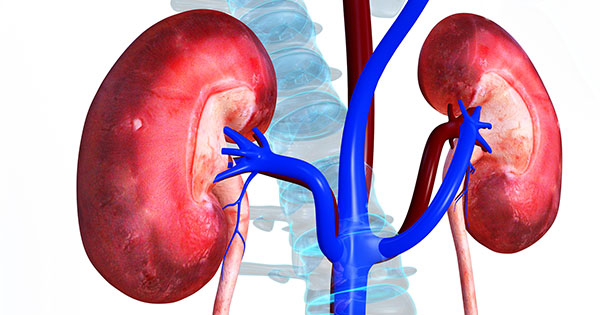Healthcare professionals specializing in kidney diseases are advocating for stricter regulations on carbonated and alcoholic beverages to curb the rising incidence of organ failure in Nigeria.
These experts raised concerns over the high sugar and chemical content in such drinks, emphasizing their potential to harm the kidneys over time. They urged government intervention to regulate the production and sale of these beverages.
The call for action came during a rally organized by the Kidney Department of the Federal Medical Centre, Ebute-Metta, in observance of World Kidney Day, themed ‘Kidney Health For All.’
World Kidney Day is an annual global health awareness campaign celebrated every second Thursday in March, aimed at promoting healthy lifestyles, raising awareness about risk factors, and addressing kidney diseases.
Monisola Ogunleye, Head of the Dialysis Unit at the hospital, proposed a ban on high-sugar drinks and advocated for stricter labeling requirements. She emphasized the need for public education campaigns to educate people about the dangers of kidney disease associated with these beverages.
Ogunleye stressed the government’s role in funding public enlightenment initiatives and sensitization programs to raise awareness about the risks posed by certain dietary habits.
Furthermore, Ogunleye advised individuals to prioritize water consumption to maintain kidney health, highlighting the importance of staying hydrated to prevent dehydration-related kidney damage.
Dr. Danladi Nmadu, a nephrologist at the hospital, expressed concern over the neglect of kidney health and the increasing number of kidney failure cases. He identified poor management of diabetes and hypertension as contributing factors to the surge in kidney diseases.
Nmadu urged Nigerians to reduce salt and sugar intake while emphasizing the significance of early detection and treatment of kidney diseases.
The hospital organized the rally to raise awareness among residents of Ebute-Metta and conduct screenings for kidney disease to facilitate early detection and intervention.
Chronic kidney disease, which impairs the kidneys’ ability to filter waste from the blood, poses a significant health threat globally. The World Health Organization estimates that millions of people worldwide suffer from end-stage kidney disease, highlighting the urgent need for preventive measures and access to healthcare services.





